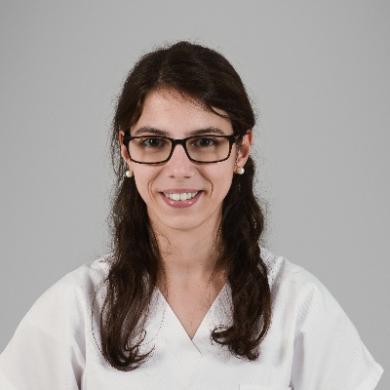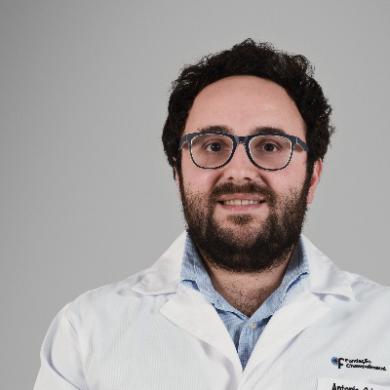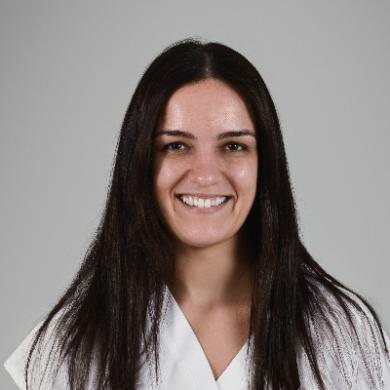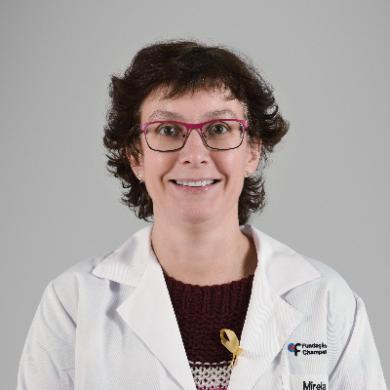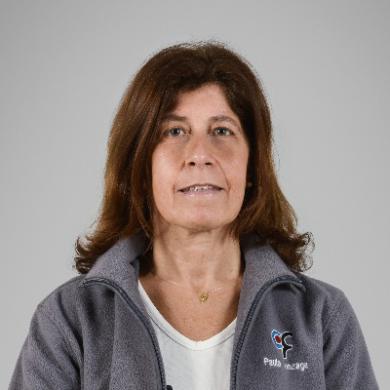- Clinical Services
Anatomical Pathology
Diagnosing, preventing, monitoring, reevaluating, researching
The pathology work developed at the CCC is the fundamental cornerstone of the diagnostic process. Our pathologists’ main concern is characterising disease and evaluating prognostic indicators. Their work is based on three essential vectors: pure diagnostic applications, research project development, and participation in educational programmes.
Anatomical Pathology
Diagnostics
Essential for a precise and complete diagnosis
Nowadays, in oncology, pathology goes from conventional morphological analysis to the study of biological markers based on varied and highly sophisticated technologies - from flux cytometry and cytogenetics to the interpretation of data derived from genomic and proteomic analysis.
Histology, cytology, molecular pathology and immunohistochemistry are among of the exams performed by the Pathology Service.
There is a strong commitment to the field of molecular pathology, through genetic characterisation and the use of new sequencing methodologies and multiparametric pathological analysis.
A component of this strategic option is the acquisition of an innovative multiparametric and multispectral microscopy system, in a collaborative effort with the Icahn School of Medicine, Mount Sinai, New York, USA. Multiparametric immunofluorescence by multispectral microscopy is an innovative imaging technology that allows the simultaneous analysis of multiple markers in a tissue slice, providing an integrated evaluation of tumoral cells and their respective phenotypes in their own microenvironment. It makes it possible to evaluate the spatial organisation of a given tumour and its relationship with adjacent structures and to study the colocalization of cellular and molecular structures by marking the structures with the appropriate fluorescent biomarkers.
Anatomical Pathology plays a fundamental role in evaluating oncological disease when suspicion of cancer needs to be confirmed. Within this confirmation process, the only medical specialty that is able to obtain a precise diagnosis is Anatomical Pathology. It is also a very lively and extremely relevant medical specialty in oncological research.
Anatomical Pathology
Research
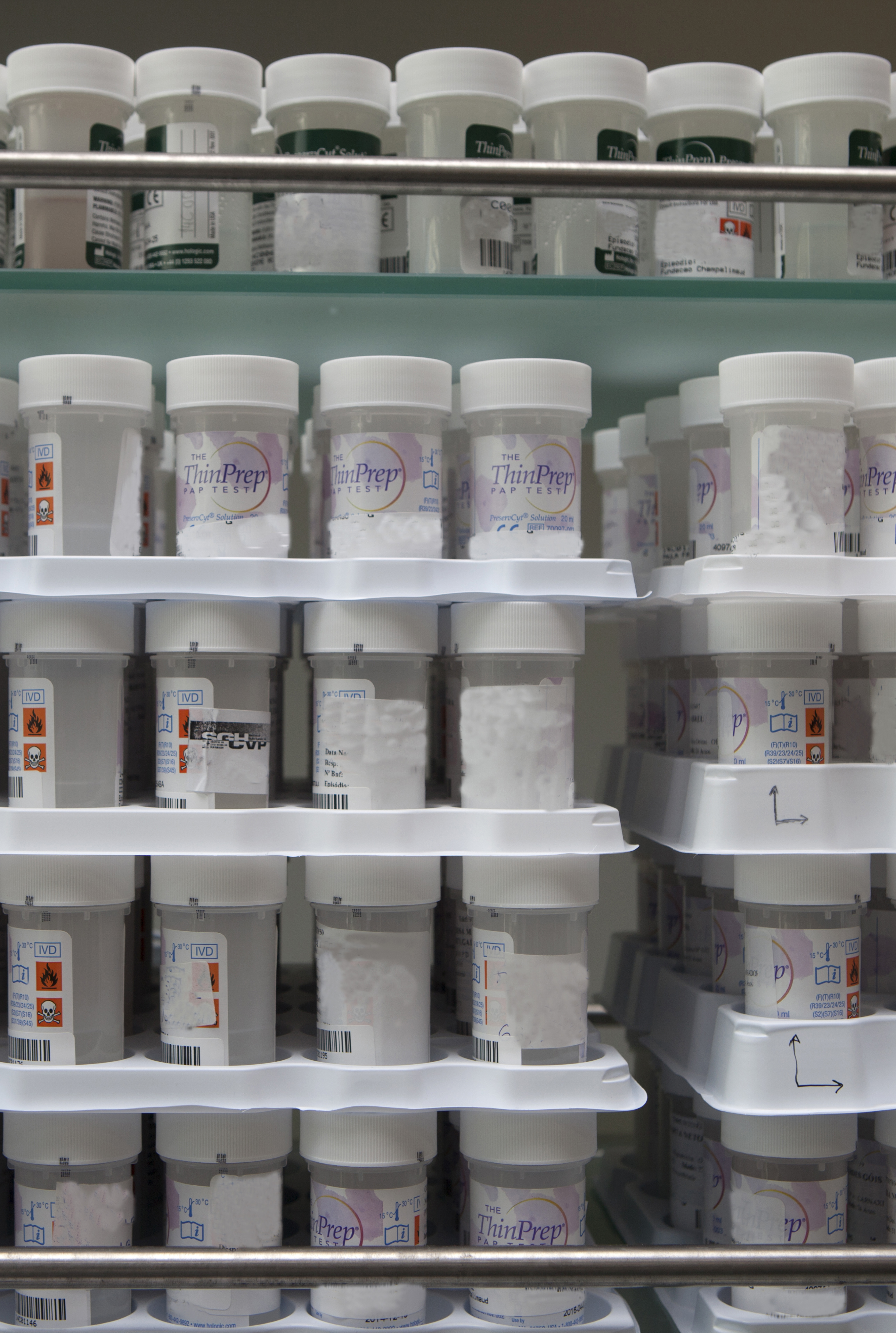
A bridge to knowledge and discovery
Pathology establishes a link between cancer research and patient follow-up, and also acts as an interface between clinical and basic research. Our team of specialists is actively involved in research projects. They aim to improve the care provided to patients and to make progress in clinical results. Our pathology team has published numerous scientific papers in international journals.
Among the various ongoing studies, a pilot study in advanced prostate cancer with a limited number of metastases (oligometastatic stage) is being conducted in collaboration with the Radiotherapy Service of the CCC. This study should allow us to systematically analyse the expression of several biomarkers of known relevance in prostate cancer in order to generate algorithms capable of distinguishing patient subgroups with distinct therapeutic response probabilities and different progression risks.
To complement the intense scientific activity of the Service, and to amplify the capacity to develop research projects in oncobiology, a tissue bank (Biobank) was opened in 2016, representing an important repository for biological material for basic and clinical research.


